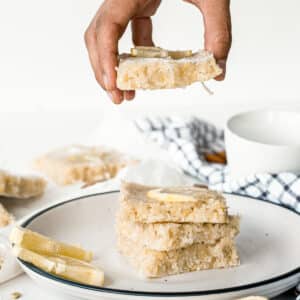Organic farming first emerged out of the natural grocer movement that arose early last century. In the last twenty years, the word organic seems to have permeated every level of consumer society. The term organic foods describes consumables grown without synthetic hormones, fertilizer or pesticides. Lately, it has also come to mean foods that are not genetically modified, irradiated or abused with non-nutritive food additives.
Organic food is the most rapidly growing element of the American grocery business. In the US, organic groceries grew 20% a year over the last five years. It had the strongest growth among the fruits and vegetables department. The very selective and careful nature of organic growing coupled with the rising demand for organic grocery items means that organic groceries are often more expensive than non-organic food. It becomes very important to save money while pursuing good health. Three ways to save organically include:
1. Bulk-buy at an organic grocery store or in the organic section of a standard grocery store. Organic fruits and vegetables often have very specific seasons. Bulk buying followed by a good bout with canning can help a family take advantage of cheap organic prices during sales. They can then store the products for use at a later time.
2. Farmers Markets - One of the great new renaissance features of urban and suburban life, farmers markets often have lower priced organics, and save you gas, you don't have to make the trip to a local organic farm. Again, the best credit cards come in handy when cash is low, provided the vendors accept plastic. Preservation methods help the buyer enjoy their savings throughout the low availability seasons.
3. Neighborhood gardens - Another wonderful resurgence has come about with the rediscovery of neighborhood gardening. There are many community plots that are tended by groups of gardeners, many who grow organically. Pitching in and helping with the local organic garden project can be a wonderful, healthful hobby by itself, as well as way to save money on organics.
With a little creativity and ingenuity, organic food can become a part of a family's regular grocery habits without the family going broke in the process.






Comments
No Comments